2018 Afternoon Panelists
Presenter Bios – Afternoon Sessions
Establishing Your Research Agenda as a New Professor – Panel for Humanities and Social Sciences
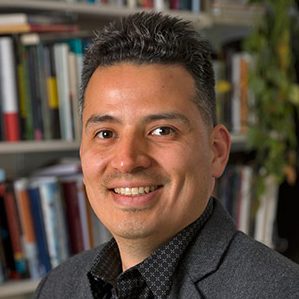 Steven Alvarado, Assistant Professor, Sociology, Cornell University
Steven Alvarado, Assistant Professor, Sociology, Cornell University
Steven Alvarado’s research focuses on questions regarding inequality on various levels including race and ethnicity, education, neighborhoods, health, immigration, and criminal justice contact in the U.S. He relies on mostly restricted nationally representative longitudinal data and quantitative methods. His work has been published in Social Forces, Social Science Research, Race and Social Problems, and the Annals of the American Academy of Political and Social Science. He received a B.A. in Sociology from the University of California, Berkeley and a Ph.D. in Sociology from the University of Wisconsin, Madison. In addition, he has been a fellow of the National Science Foundation and the Institute for Education Sciences of the U.S. Department of Education.
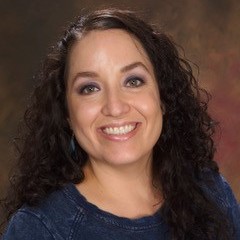 Ella Maria Diaz, Assistant Professor, English, Latina/o Studies, Cornell University
Ella Maria Diaz, Assistant Professor, English, Latina/o Studies, Cornell University
Ella Maria Diaz is a professor in English and Latina/o Studies at Cornell University. A lecturer for six years at the San Francisco Art Institute (2006—2012), her book, Flying Under the Radar with the Royal Chicano Air Force: Mapping a Chicano/a Art History (University of Texas, 2017) explores the art and social history of a vanguard Chicano/a art collective founded in Northern California in the 1970s. She has published in Aztlán: A Journal of Chicano Studies, Chicana-Latina Studies Journal, and ASAP/Journal.
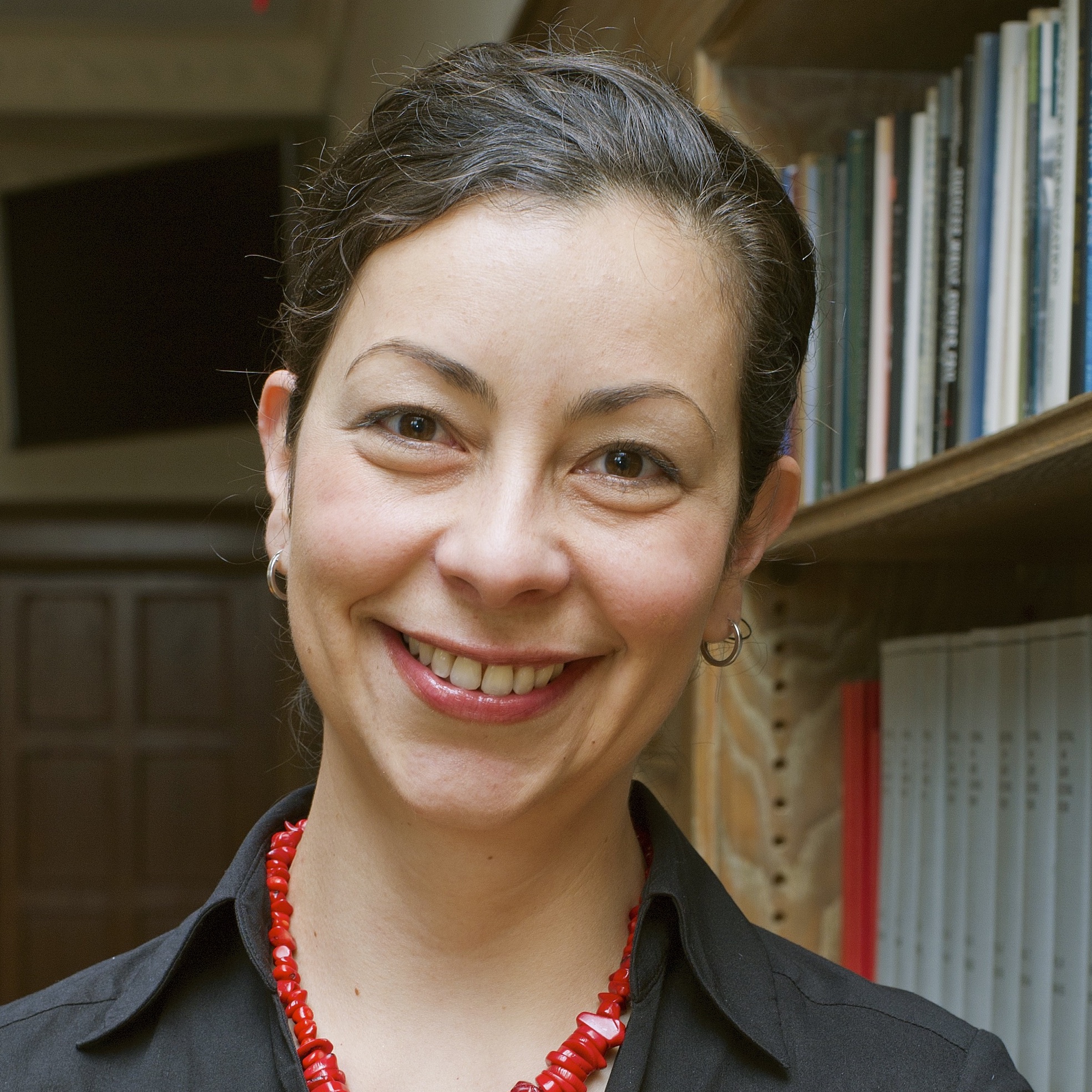 Verónica Martínez-Matsuda, Assistant Professor, Labor Relations, Law, and History, Cornell University
Verónica Martínez-Matsuda, Assistant Professor, Labor Relations, Law, and History, Cornell University
Professor Martínez is an Assistant Professor at Cornell University’s ILR School, where she teaches courses in Immigration and American Labor and Working-Class History. She received her PhD in U.S. History from The University of Texas at Austin. Her dissertation—Making the Modern Migrant: Work, Community, and Struggle in the Federal Migratory Labor Camp Program, 1935-1947—was awarded the Barnes F. Lathrop Prize for Best Dissertation in the Department of History. It was also awarded “runner up” for the Best Dissertation Prize by Labor History (Routledge). Her current research examines the role of the federal migrant labor camp program in the lives of farmworker families across the country. More generally, she’s interested in the intersections between labor and citizenship, particularly immigrants’ and migrants’ social movements and cross-racial organizing efforts for improved living and working conditions. She is completing a book manuscript on this topic titled, An Experiment in Democracy: Race, Rights, and Reform in the U.S. Migrant Labor Camp Program, 1935-1946 (forthcoming with the University of Pennsylvania Press, “Politics and Culture in Modern America” book series). Her research has received funding from the Ford Foundation, the Smithsonian, and the Woodrow Wilson National Fellowship Foundation, among others.
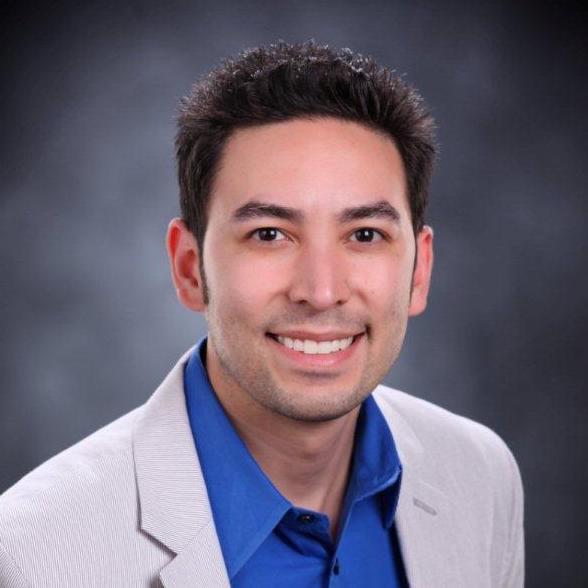 L. Sebastian Purcell, Associate Professor, Philosophy, SUNY Cortland
L. Sebastian Purcell, Associate Professor, Philosophy, SUNY Cortland
Sebastian Purcell, PhD, is Associate Professor of Philosophy at the State University of New York at Cortland, where he is also the coordinator of the Latinx and Latin American Studies program. He has published widely on classical Greek philosophy, moral philosophy, and comparative philosophy centered on Latin American. Popular presentations on his work have appeared in several venues in English, including Aeon magazine and Business Insider, and in German in GEO magazine. Among other academic awards, he is the recent recipient of the American Philosophical Association’s prize in Latin American Thought for his work on Aristotle and the Aztecs on the good life.
Establishing Your Research Agenda as a New Professor – Discussion Session for STEM Fields
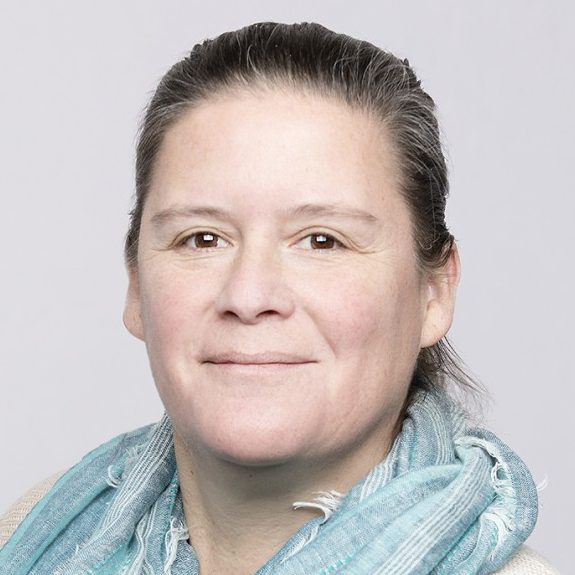 Kelly Zamudio, Goldwin-Smith Professor of Ecology and Evolutionary Biology, Cornell University, and Faculty Curator of Herpetology, Cornell University Museum of Vertebrates
Kelly Zamudio, Goldwin-Smith Professor of Ecology and Evolutionary Biology, Cornell University, and Faculty Curator of Herpetology, Cornell University Museum of Vertebrates
Kelly Zamudio’s research interests lie in the fields of population biology, population genetics, systematics, and the genetics of conservation. She is particularly interested in the links between patterns of geographic genetic differentiation and attributes of the ecology and life history of organisms such as mating systems, dispersal, and demography. In her research she combines field and laboratory (molecular) approaches to answer questions about organisms, their environments, and their histories. Her research can be divided into three broad areas of investigation: (1) studies of mating systems and sexual selection; (2) evolutionary genetics of reptiles and amphibians at the level of populations, lineages or species; and (3) application of my basic research to conservation, with emphasis on the study of population genetic consequences of anthropogenic landscape change and emergent infectious disease.
How and What to Negotiate for Your First Faculty Position

Christine Holmes, Director of Postdoctoral Studies, Cornell University
In her role at Cornell, Christine Holmes provides support for over 500 postdocs on campus. Christine has worked at Cornell for over 20 years, and became the first director of the Office of Postdoctoral Studies in 1995. In that capacity, she monitors the status and needs of the campus postdoctoral community; serves as an advocate for postdoctoral issues to the Graduate School and Cornell’s administration; provides career counseling for all postdocs; and organizes workshops, seminars, and social activities for postdocs. She received her BS in Management from Nazareth College in 1985 and her MBA from St. John Fisher College in 1988. Prior to joining Cornell she worked in the trade show industry, supporting diverse marketing efforts for her clients.
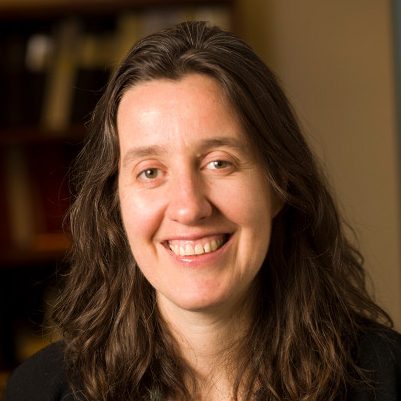
Yael Levitte, Associate Vice Provost for Faculty Development and Diversity, Cornell University
Yael Levitte is the Associate Vice Provost for Faculty Development and Diversity. Levitte works closely with the Senior Vice Provost for Academic Affairs on issues of faculty development and diversity across the University, addressing the need for more accountability in the hiring process, while ensuring the excellence and diversity of the faculty. Yael is also a member of the University Diversity Council (UDC), which is responsible for implementation of and accountability on diversity initiatives campus-wide. Levitte was Executive Director of the CU-ADVANCE Center (2009-2012), an NSF-funded Center working to retain and advance women in science and engineering.
